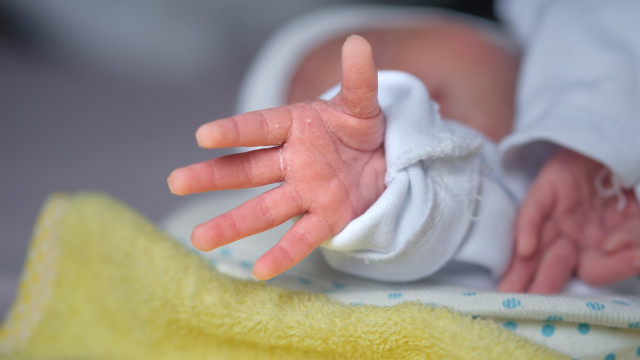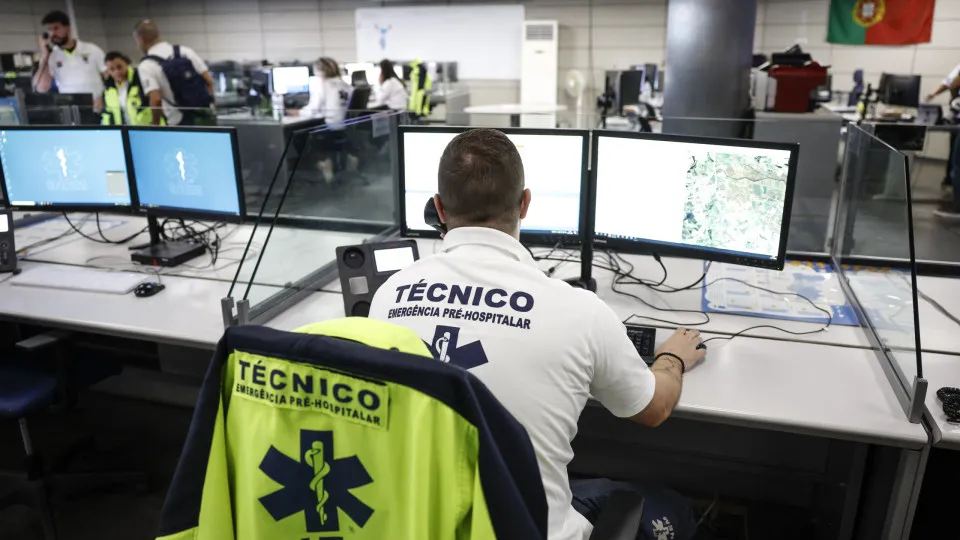
In the international competition of the Black Nights Film Festival (PÖFF), the film “18 Buracos para o Paraíso” by João Nuno Pinto will have its world premiere while contending for the grand prize.
This is the director’s third feature film, following ‘Mosquito’ (2020) and ‘América’ (2010), produced by Wonder Maria Filmes. It is also the first Portuguese film to receive certification from Green Film, an international project recognizing sustainable cinema and television productions.
The story, penned by Fernanda Polacow, follows two sisters dealing with the sale of their late father’s land in the drought-stricken, fire-ravaged interior south of the country, marked by real estate speculation.
The cast includes notable actors such as Margarida Marinho, Beatriz Batarda, Rita Cabaço, Jorge Andrade, Luísa Ortigoso, Günther Götsch, and Rita Redshoes.
Within the Tallin festival, a program dedicated to younger audiences features ‘Terra Vil’, the first feature film by Luís Campos, in the international competition.
This fiction tackles various themes related to patriarchal society, family, adolescence, and rural life, featuring performances by William Cesnek, Lúcia Moniz, Ruben Gomes, António Capelo, among others.
The short film competition includes animations ‘Cão Sozinho’ by Marta Reis Andrade and ‘Porque hoje é sábado’ by Alice Eça Guimarães.
‘Cão Sozinho’ is based on “the true story of a dog abandoned in its own home, at a time when my grandfather started experiencing widowhood and I returned from London, where I felt lonelier than ever,” according to the synopsis, written in the first person.
‘Porque hoje é sábado’ features a woman seeking time on a Saturday, supposedly a day of rest, which ends up filled with invisible work.
“Invisible work is the management of all tasks that allow a family to function: planning doctor’s visits, meals, homework hours… tasks that add to unpaid domestic work, usually falling on women,” the director explains in her notes.
The short film ‘A Solidão dos Lagartos’ by Inês Nunes also competes in Tallin, following its presentation at Cannes and an award at the San Sebastián festival.
The film was shot in a salt pan area in the Algarve, serving as “a kind of microcosm” about “the coexistence between tourism and work, between leisure, holidays, and other types of responsibilities,” as noted in the synopsis.
Joining these films is ‘Fille de l’eau’, an animated short by Sandra Desmazières, which includes a minority co-production by the Portuguese company Animais.
The 29th edition of the PÖFF festival will take place from November 7 to 23.




